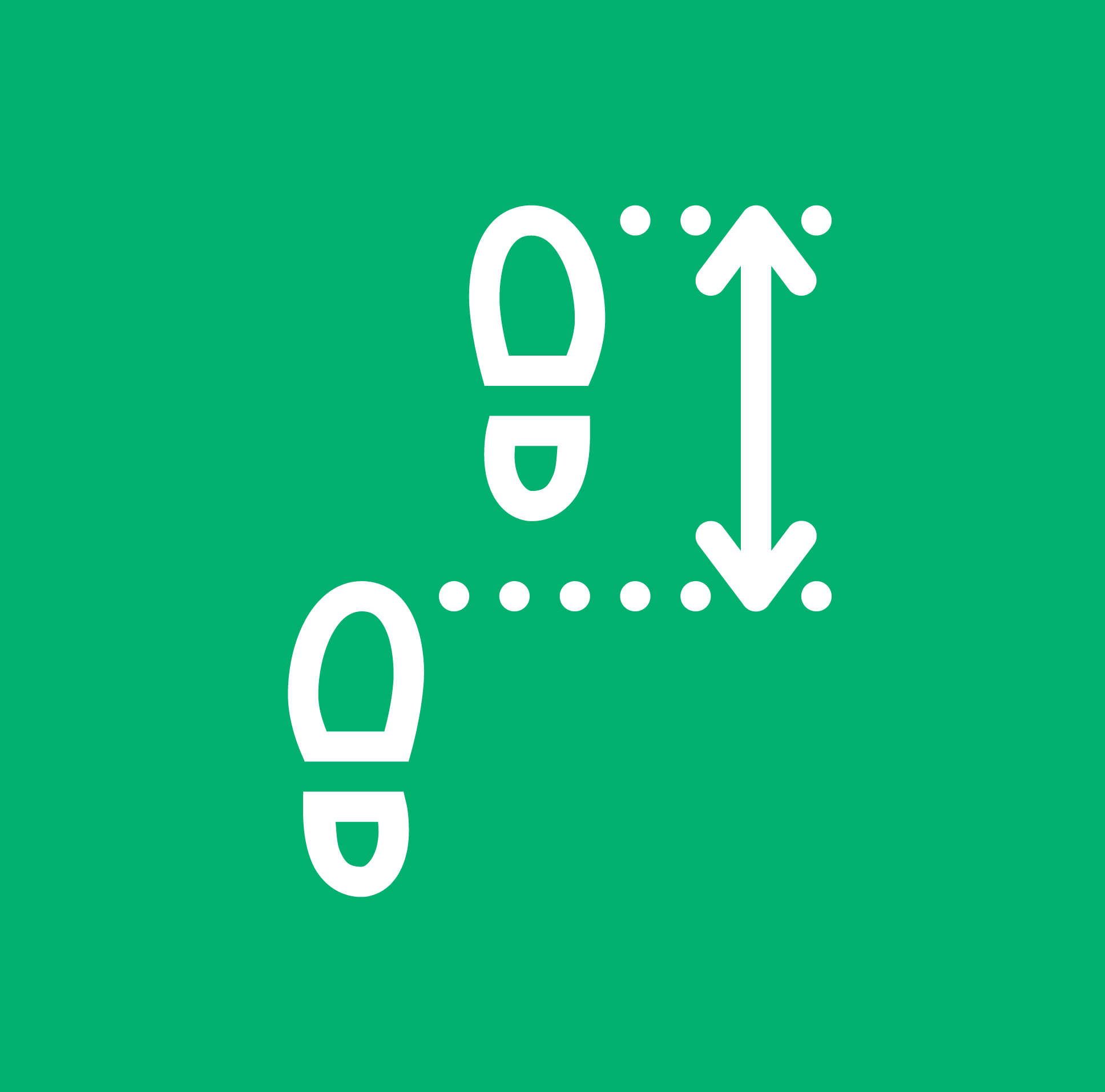Changes are coming to workplace gender equality reporting and publication requirements
Since 2014, the Workplace Gender Equality Agency (WGEA) has been requiring private sector employers with 100 or more employees to report against six Gender Equality Indicators (see below). This has contributed to progress being made to improve the state of workplace gender equality across Australia, however, progress has not been fast enough, particularly when it comes to closing the Gender Pay Gap.
Last month, the Commonwealth Parliament passed the Workplace Gender Equality Amendment (Closing the Gender Pay gap) Bill 2023. These reforms are intended to improve transparency and accountability, and motivate employers to accelerate and elevate their action.
The six gender equality indicators are:
- Gender composition of the workforce
- Gender composition of governing bodies
- Equal remuneration between women and men
- Availability and utility of employment terms, conditions and practices relating to flexible work
- Consultation with employees on issues concerning gender equality in the workplace
- Sexual harassment, harassment on the ground of sex or discrimination
What’s changing?
These reforms will result in changes across three domains: employer reporting, publication and review of data, and gender equality strategies.

1.Employer reporting
In addition to existing reporting requirements, employers (with 100 or more employees) will be required to report on:
- CEO remuneration
- Age and primary work location of all employees
- Sex-based harassment and discrimination
2.Publication and review of data
- Employers must provide previously confidential WGEA Executive Summary and Industry Benchmark report to their Board or Governing Body
- WGEA will make public employer gender pay gaps
3.Gender equality strategies
- Organisations with more than 500 employees will be mandated to have policies or strategies that cover each of the six gender equality indicators.
These are important reforms designed to shake corporate Australia out of its comfort zone with regard to workplace gender equality and propel progress; noting that progress to closing the gender pay gap has stalled in recent years.
These reforms will promote transparency and accountability, and provide individuals with a better understanding of how their current (or future) employer feels about gender equality.
According to WGEA CEO Mary Wooldridge ‘these reforms will make a big difference helping Australia regain a real leadership position as one of the best places in the world for gender equality.’ Further, following the UK example ‘evidence suggests that publishing the pay gap motivates employers to prioritise gender equality and has contributed to a significant drop in gender pay gap’.
What steps does your organisation need to take?
Employers will need to have appropriate data collection and reporting processes in place to comply with these requirements from the end of 2023. Note, WGEA has also flagged that further reforms are expected, with employers likely to be required to report on staff diversity and intersectional data. It is therefore prudent for employers to start preparing now – getting HR systems in place to capture the data, and even more importantly, building a culture of psychological security so staff feel safe to self-identify when the time comes.
The publication of gender pay gaps and new requirements on gender equality policies for larger employers also mean it is an opportune time for organisations to review their existing gender equality strategies and commit to ambitious action. With the publication of gender pay gap data, it will be important for your organisation to have an action plan in place to address any pay gap issues.
How can Right Lane assist your organisation?
Right Lane recognises that gender equality improves organisational performance, enhances the quality of decision making, promotes innovation and attracts and retains talent. We are committed to promoting and improving diversity within our own firm, with our clients, and in the communities in which we work.
Since 2020, Right Lane Consulting has supported public and private sector clients across local government, education, emergency services and healthcare to understand their obligations and execute gender equality initiatives that push beyond compliance to drive real, meaningful impact. Our areas of expertise include workplace gender audits, gender pay gap analysis, workplace gender equality action planning, gender impact assessments, and organisational capability building.
‘Thanks for your facilitation of our GEAP discussion with our team today. I commend you on a wonderfully professional, focused delivery and positively collaborative session. Appreciated!’
Board member, Victorian TAFE network‘Right Lane creates a truly ‘safe space’ and invite people to really open up about the issues at hand. Super job all!’
Manager People and Development, Victorian TAFE network
Right Lane Consulting is committed to gender equality, diversity and inclusion. Our team is made up of consultants from diverse genders and background. 66% of leadership roles in our firm are held by women.
Right Lane Consulting is also an approved Panel Provider under the Gender Equality Act.
Source: Workplace Gender Equality Agency. (2023). WGEA reforms: A roadmap to closing the gender pay gap. wgea.gov.au/about/our-legislation/Closing-the-gender-pay-gap-bill-2023. Accessed 24 April 2023.
 About Jess Cossens
About Jess Cossens
Jess leads our gender equality practice, supporting defined entities and progressive private organisations comply with their obligations under the Gender Equality Act 2020. Since 2021, Jess supported numerous organisations across education, local government and emergency services to better understand the state of gender equality in their workplaces, identify strategies to improve their performance and build internal capability through collaborative learning and training.
If you would like a further discussion or information on how we might assist your organisation, please contact Jess Cossens: jess.cossens@rightlane.com.au


